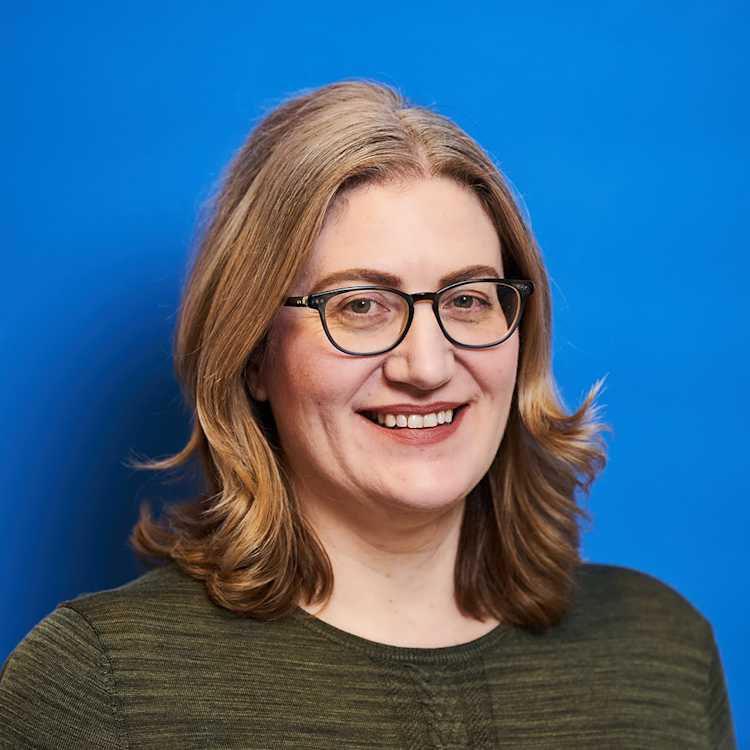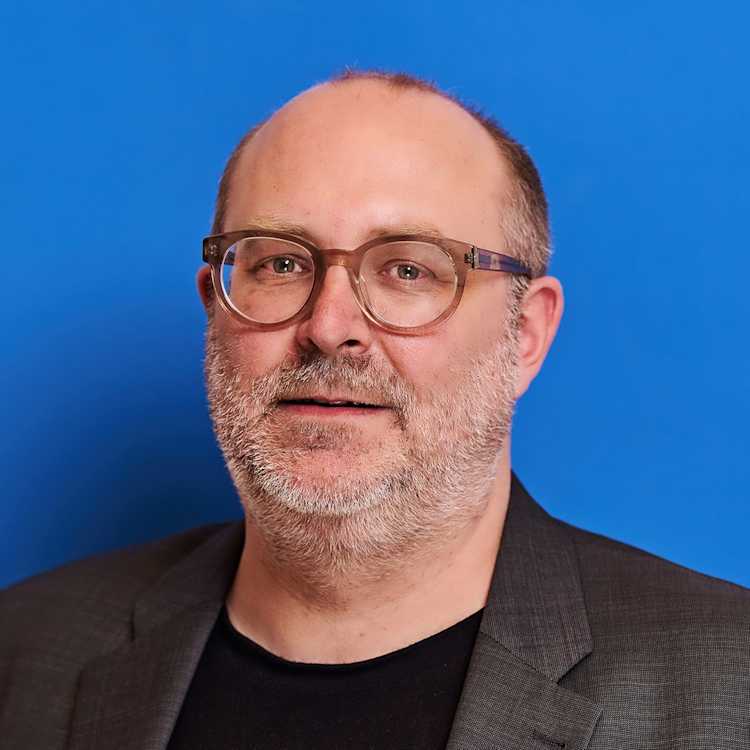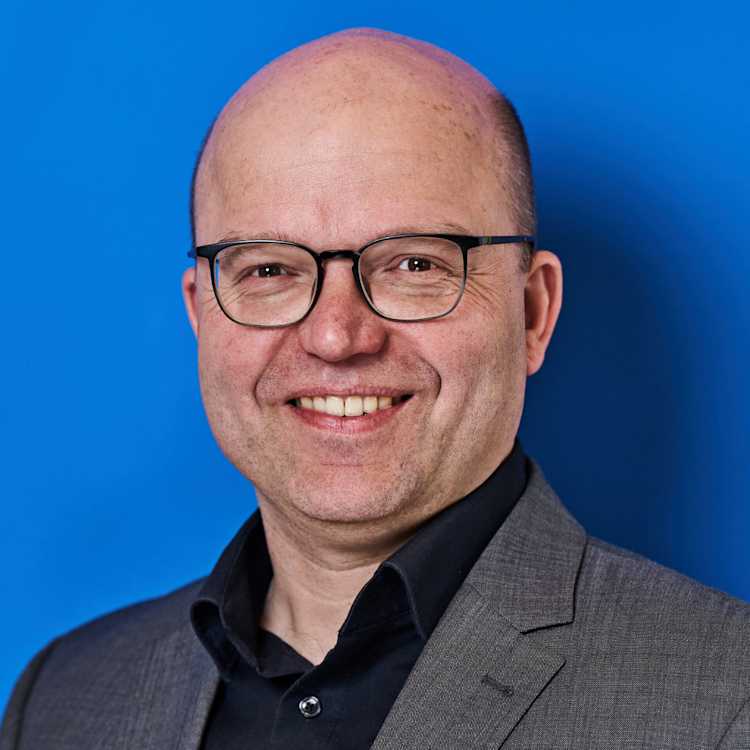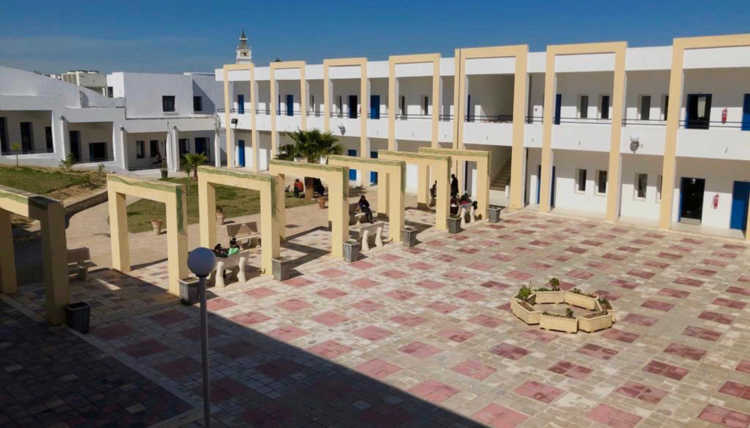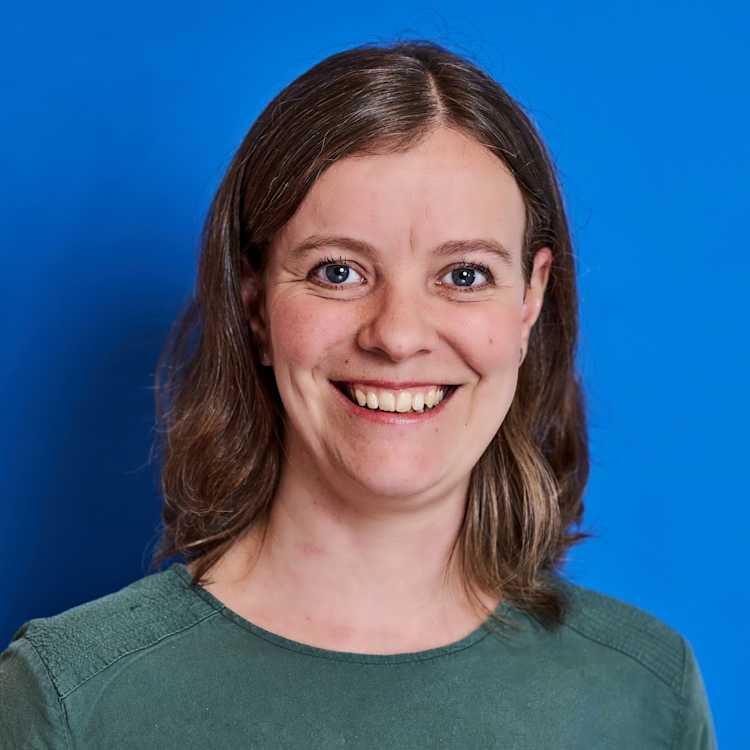- Home
- Research & Transfer
- Research Projects
- Merian Center for Advanced Studies in the Maghreb (MECAM): Imagining Futures - Dealing with Disparity, Phase I
Merian Center for Advanced Studies in the Maghreb (MECAM): Imagining Futures - Dealing with Disparity, Phase I
The "Merian Centre for Advanced Studies in the Maghreb" (MECAM), founded in 2020, is a platform for regional and international scientific exchange in Tunisia based on the central theme "Imagining Futures - Dealing with Disparity". The centre is located at the renowned Université de Tunis in the Tunisian capital. Its research work focuses on the effects of multidimensional disparity on models, visions and ideas about political, social, economic, and cultural futures.
BMBF, 2020-2023
Team
Head
Research Questions
The research programme of the Merian Centre for Advanced Studies in the Maghreb encompasses the five thematic clusters "Inequality & Mobility", "Memory & Justice", "Aesthetics & Cultural Practice", "Resources & Sustainability", "Identities & Beliefs" (the latter one under GIGA's coordination) as well as two transversal axes "Comparative Historical and Regional Perspectives" and "Digital Methods".
Contribution to International Research
MECAM's contributes to international research excellence in a number of ways: First, it strengthens the perception of the Maghreb as a geopolitical interface of different world regions, among them Africa, Europe, and the Middle East (Mashriq). Second and related, it thereby aims to overcome the often-held, limited perspective of the Maghreb as a "triple periphery". This is done, third, by connecting with a long tradition of Maghrebi theorizing in different fields. Fourth, MECAM substantially enhances German scholarly engagement with the Maghreb. Fifth and more generally, it contributes to tackling persisting asymmetries in knowledge production.
Research Design and Methods
The German Institute for Global and Area Studies is a partner within the MECAM consortium, along with the University of Marburg, the University of Leipzig and the Forum Transregional Studies in Berlin. In addition to the Université de Tunis, the regional partners are the University of Sfax and the Institut Tunisien des Études Stratégiques (ITES) in Tunisia, as well as other partners from Morocco and Lebanon.
